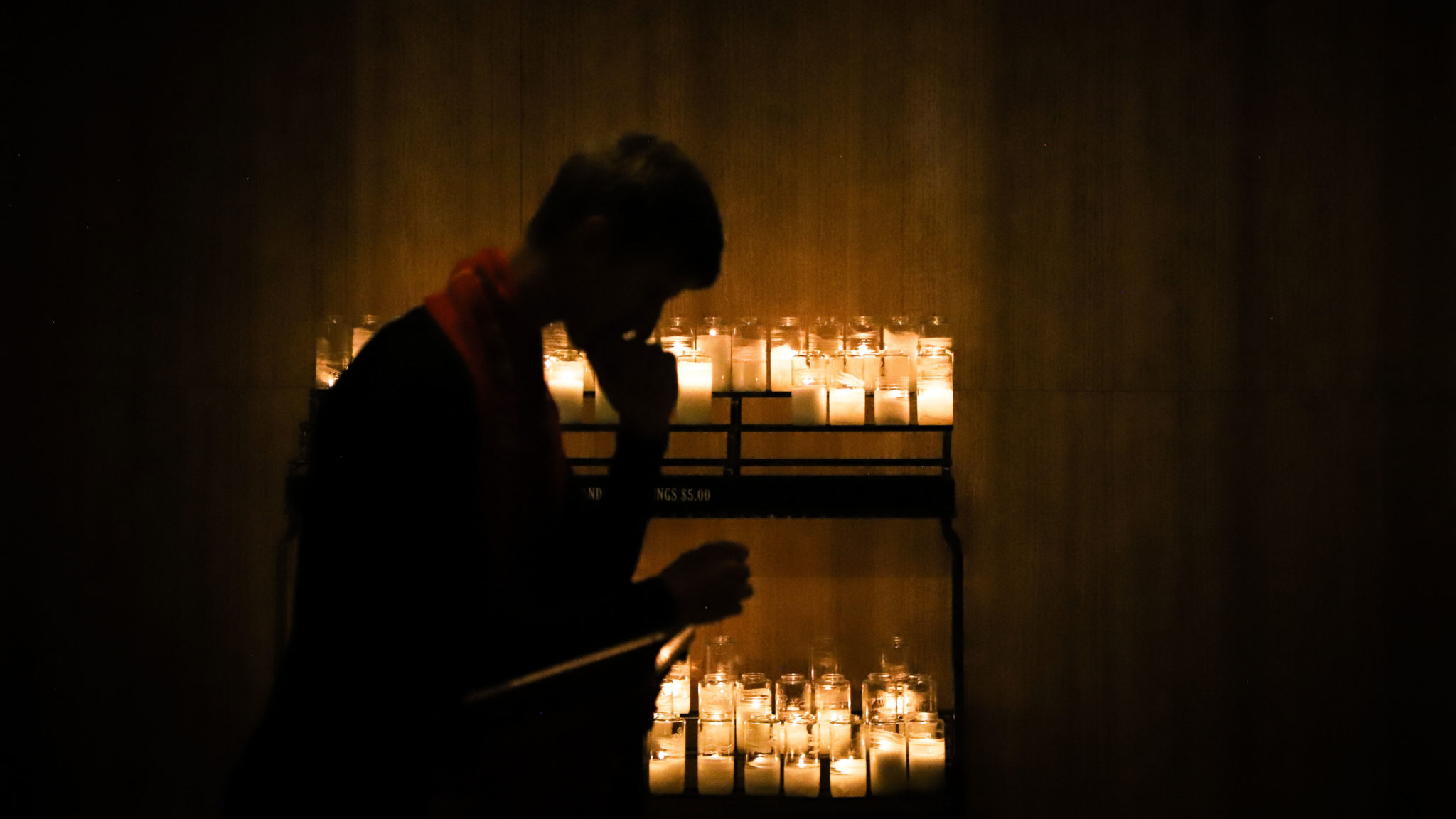
Work hard in high school so you can go to college; work hard in college so you can get a good job; work hard in the job so you can get the raise, the promotion, the bonus, and the recognition — and someday, retire.
By the time we reach college, this cycle starts to feel like a hamster wheel that is only spinning faster and faster the harder we work. So when we get the chance to hop off, we want to make the most of the break until it’s time to climb on again and start running. “Work hard, play hard” is the all-too-familiar idiom of this cultural narrative.
But who decided this was a good narrative for us to live by? Isn’t there more to life than simply waiting for Friday night to arrive? Does “working for the weekend” get us to the good life? Could it even be a distraction from embracing the circumstances of our lives — and finding joy within them?
We need regular reminders to keep us on the right track — we need an antidote to the cultural narrative that promotes workaholic lifestyles. Luckily, some great minds of the past have thought through similar problems and we can draw on their ideas. The German philosopher Josef Pieper authored a little work with a really interesting title: Leisure: The Basis of Culture. His insights might speak to us today.
Work is not what we think it is
The work world will never stop seeking greater and greater productivity: hit the sales goals, reduce overhead, do more with less. When we hit the goals, we all know what happens next: a never-ending cycle of raising the goals, hitting the goals again, and raising them again, again, and again. The goalpost never stops moving. But when is enough enough?
Work is often presented as the highest good in life. But this mentality actually numbs our senses to what is really important. Work becomes an excuse so that we end up neglecting friendships, not getting enough sleep, and not pursuing hobbies and other life-enriching experiences. Even worse than an excuse, work can become a distraction so that we forget about the important things altogether.
The fundamental question is this: Are we wired to work from dawn till dusk, or is there more to life than work? If we think there is more to life than work, then work must be a tool to achieve the more important things — a tool to achieve some greater good. Identifying this greater good isn’t always straightforward, but Pieper points us in the direction of leisure.
Leisure: a modern luxury, or the source of creativity and peace?
Leisure is kind of a weird word, but here’s the gist of things: leisure is not the same thing as the escapist mentality that dominates our understanding of life outside of work in today’s culture. Leisure is not synonymous with vacation, paid time off, the weekend, or breaks during the work day. Leisure is something deeper than this. It is a mind at peace with itself. When you sit in silence, doing nothing “useful” (as defined by the working world’s focus on productivity), are you at peace, at rest? Or are you feeling hurried and worried about something else?
Curiously, when we make space for quiet time, for contemplation, for prayer, we discover ourselves rejuvenated and ready to face the challenges of the day. When our minds are at peace and without distraction, we even perform tasks better. Recall your own experiences of creative thinking late at night, writing sessions in the early morning, or the reading done under the sun or at a shady park bench. These occasions are productive. They can even be restorative. But they all depend on your mind being at peace.
We cannot live our best life if we are not at peace with ourselves, and Pieper knew this. So did St. Augustine when he wrote, “You have made us for yourself, O Lord, and our heart is restless until it rests in you.” The busy world of work looks down on the idea of time spent at rest doing nothing productive. But even God rested on the seventh day of creation!
Work hard, pray hard
As Pieper fleshes out his definition of leisure, he turns to the topic of celebration, feasting, and worship. The value of leisure is rooted in celebration because in celebration we join in the common purpose of recognizing what’s best in life. When we participate in these highest goods — relationships of pure friendship, marriage, and the like — we can be at peace with ourselves, even when these things are difficult.
Leisurely resting, the kind that Pieper describes, is rooted in being at peace with ourselves. Discovering peace within ourselves requires that we look to the needs of the world around us that we can address, to our life-giving relationships, and most importantly, to the God who gives us rest. This is the kind of rest that the work world cannot give.
Being in communion with God might sound like a lofty, mountaintop experience — and it is the ultimate kind of prayer — but it is surprisingly attainable and mundane. That’s because God comes to us — He comes to us in the situation of our lives, where we are right here and now. We recognize this in the blue bird’s song, in the delicacy of fall flowers and ember-turned leaves. He comes to us in the loving whisper of the wind — a presence all enfolding. He comes to us not intermittently, but with constancy.
The good news is that we don’t have to become perfect or make ourselves worthy of that gift. When we are at peace with ourselves, when we have found rest, we become the very gift and presence of God to other people























